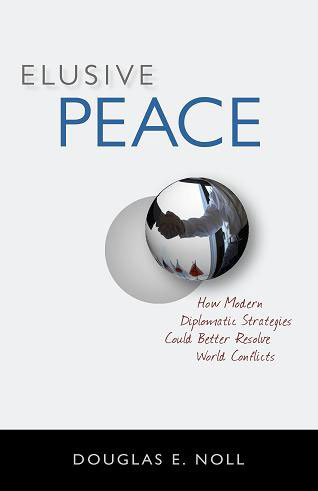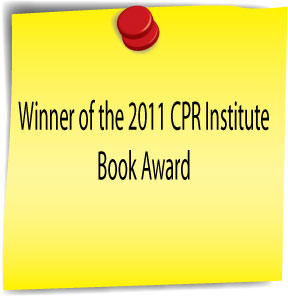Segment 1: No Peace with Oppression.
Our guest on this edition of The Doug Noll Show is Israeli peace activist and author, Miko Peled. In September 1997 Miko’s niece was killed by a horrific suicide attack in Jerusalem. When Miko’s sister was interviewed by the press, her response of non-retaliation and compassion deeply affected Miko, which pushed him to study conflict resolution and become a peace activist. He believes there cannot be peace in Israel as long as there is oppression. Until Israelis have rights to water and land and travel and other freedoms, peace is not possible. Miko’s book is titled The General’s Son: Journey of an Israeli in Palestine and his website is http://mikopeled.com/.>
Segment 2: Jewish Faith in an Arab Country.
There are extremists who believe the land of Zion is sacred and refuse to give anything up to the Palestinians. The flaw is in the basic idea that you can have a Jewish faith in an Arab country, where half the population is not Jewish, and not have conflict. The only way to move forward is to give everyone equal rights and have a pluralistic society. Very shortly there will be a Palestinian majority, so the demographics are working against the Israelis. Miko says if we believe in justice, we need to go back to the basic fundamentals: human rights, civil rights, equal rights, and use these principals to guide us.
Segment 3: A One-State Solution.
So what is going to change in Israel to allow the government to finally recognize that they need to give Palestinians the same rights that the Israelis have? Our guest thinks the strength of the Palestinian resistance is that it’s very smart and very powerful. There are boycotts and Palestinian awareness groups as well as non-violence resistance on the ground. There is a strong resistance movement and Miko believes there is hope for a one-state solution, although there is still tremendous racism and fear.
Segment 4: More Activism to be Done.
Miko’s book, The General’s Son, came out in May 2012 and has gotten great reviews. His family is supportive and is all involved in peacemaking. There is still a lot of activism to be done, both in speaking to groups in the United States and being on the ground in Palestine. For more information, please visit Miko’s website at http://mikopeled.com/.>
To listen to the entire interview:




